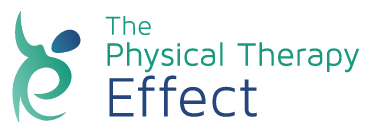How Everyday Activities Can Cause Shoulder and Neck Pain (And What to Do About It)
Nov 21, 2022

Neck and shoulder pain are common ailments and are often due to things that you do every day. Let’s take a look at what may be causing your recurring neck and shoulder pain.
Potential Causes of Neck and Shoulder Pain
You may be doing one or more things that are causing you to experience neck and shoulder pain. These are everyday activities that might be built into your routine and going unnoticed. These include:
- Watching TV
- Looking down at your phone or a book
- Swimming
- Carrying a heavy bag
- Using the wrong pillow
- Experiencing mental or physical stress
- Poor posture
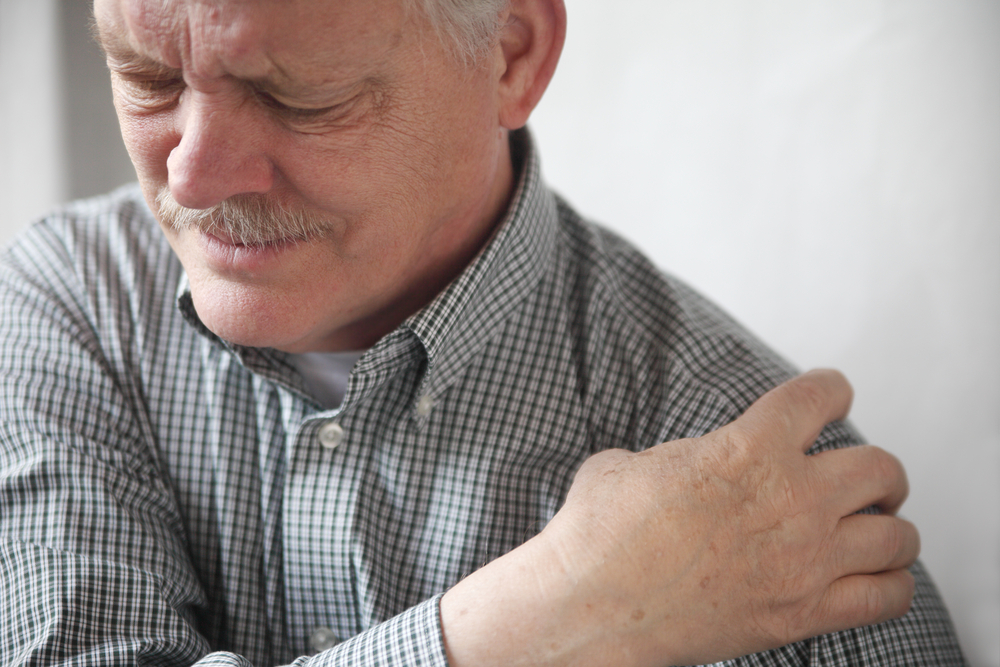
When to See a Doctor
If you are experiencing severe neck or shoulder pain that is disrupting your life, there might be a more serious cause. If you are concerned you are experiencing a serious condition, or your pain began after an accident, see a doctor immediately. Neck and shoulder pain can also be caused by:
- Pinched nerves
- Herniated discs
- Whiplash
- Rotator cuff tear
- Shoulder tendinitis
- Gallstones or enlarged gallbladder
- Tumors or cysts
Other Symptoms to Monitor
Additionally, if the pain is coupled with any of the following, consider seeking medical help:
- Numbness or tingling in other parts of the body
- Headache
- Nausea
- Vomiting
- Dizziness
- Lack of bowel control
- Chills
- Fever
How To Fix Everyday Causes of Neck and Shoulder Pain
If your pain is not severe or coupled with another symptom, you can likely prevent future pain by changing the root of the problem.
Positioning of Your TV
If you watch a lot of television, its positioning in the room or on the wall might be causing strain to your neck. Consider repositioning the TV so that it is at eye level when you sit on your couch. This way, you do not have to tilt your head down, up, or to the side to watch TV.
Using Your Phone
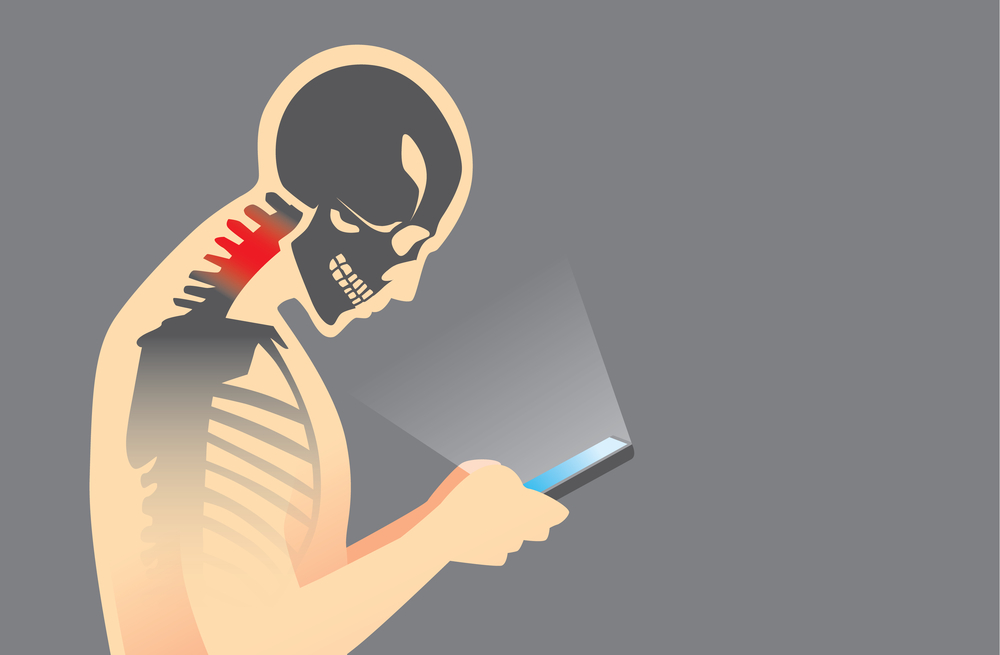
Most people today spend a lot of time on their smartphones. Because we hold them in our hands, we often crane our necks down to look down at them. There’s even a name for the pain we get from looking down at our phones: “tech neck.” Try raising your phone to eye level to prevent strain. You should also take regular breaks from using your phone. Stretching after long terms of phone use can also prevent your neck from getting stiff.
Computer Positioning

Your computer positioning can also have a huge impact on your posture. If your laptop or computer monitor sits below or above eye level, you’re likely craning your neck to see it while you work. Use a laptop stand to keep your screen at eye level. Using a detached keyboard and mouse makes it possible to keep your hands and arms on your desk while your laptop is raised.
Reading Position
If you’re a bookworm, you might be hurting your neck and shoulders in some of your reading positions. It can be uncomfortable to hold a book to your eye level for too long, so try putting a pillow on your lap when sitting to raise your book closer to your face. You can also use a wedge-shaped pillow for this purpose. Additionally, you can try reading on your side and resting your book in front of you.
Swimming Style

Swimming is a great form of cardio that’s easy on the joints. But it can sometimes cause unnecessary strain to the neck and shoulders, especially if you’re fond of the freestyle or front crawl stroke which requires a constant turning of the neck. Try alternating your strokes during your workout if you find yourself in pain after a swimming session.
The Bag You Carry
If you carry a bag for work or school, it might be the culprit of your neck or shoulder pain. Your bag might be too heavy, in which case you should consider clearing it out of unnecessary items or carrying some of your books. If you use a bag that only has one shoulder strap, consider switching which arm you carry it on, or switching to a backpack to evenly distribute its weight.
Using the Wrong Pillow
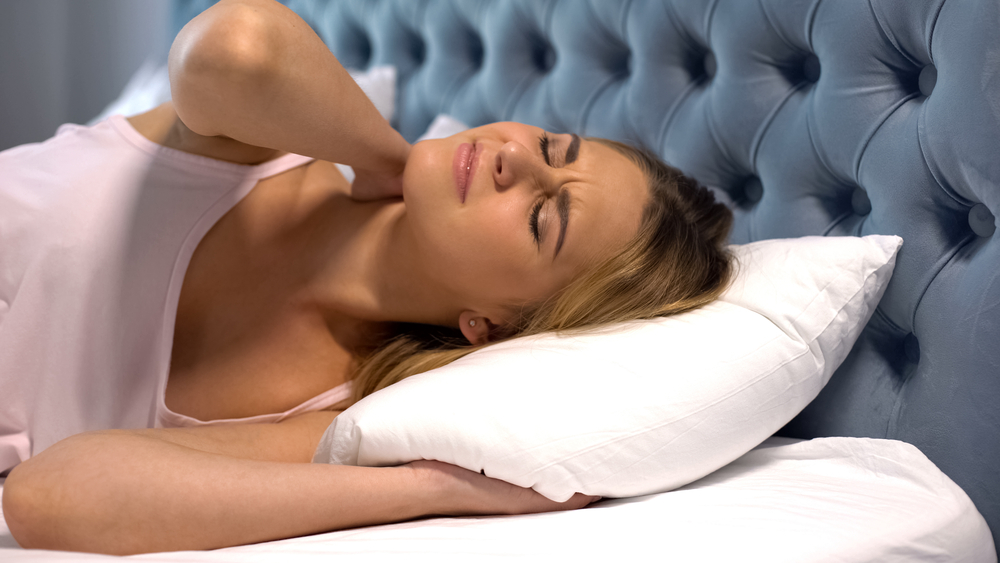
The pillow you use can affect your neck and shoulders. A pillow is meant to hold your head and neck in a neutral position. If your pillow doesn’t have enough support, your head and neck might droop into an unnatural position at night. If your pillow is too tall or tough, your head or neck might tilt too much in the opposite direction. Try out a few new pillows to get the right fit.
Experiencing Stress
Many people carry their stress on their shoulders and chest. The more stressed you are, the more you might find your shoulders hunching up towards your ears during the day. If you are experiencing more mental or physical stress than usual, it might be time to seek professional help. A therapist can help you unload your mental load.
Poor Posture
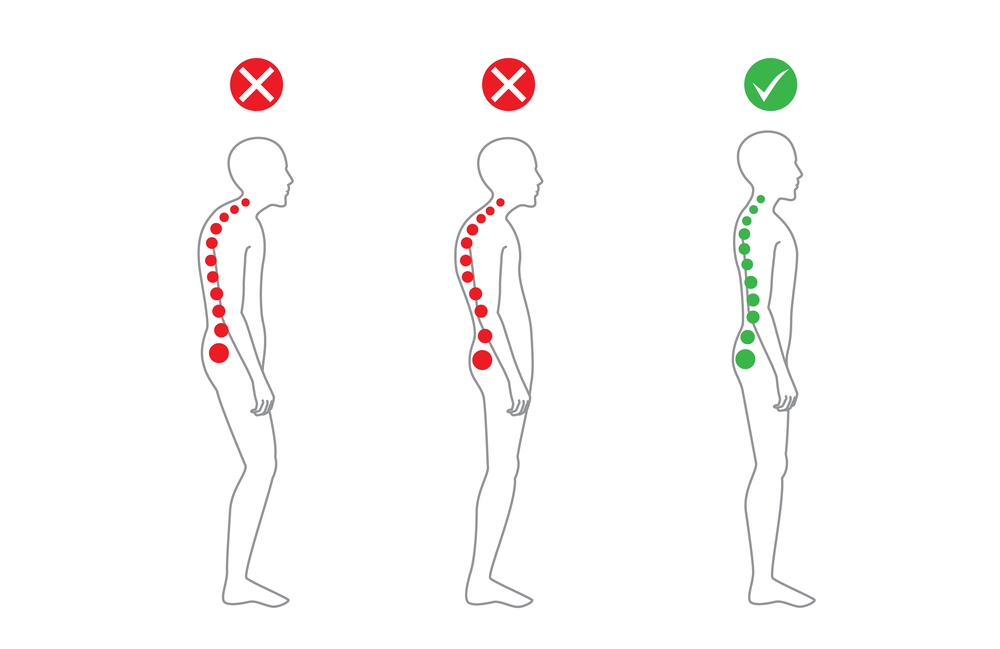
The way you carry yourself every day might be leading to pain in the neck and shoulders. Changing your posture takes lots of practice and reminders. Try adding an alarm on your phone that reminds you to check your posture throughout the day. Avoid hunching your shoulders forward and keep your neck and head in a straight line.
At-Home Methods to Manage Pain
If you have made changes to your lifestyle but are still experiencing pain or need to mitigate the neck and shoulder pain while you wait for the effects of your lifestyle changes to kick in, consider the following:
- Use an ice or heat pack
- Do gentle stretches or exercises
- Take aspirin or ibuprofen
- Rest more
- Take a break from high-strain physical activity
- Stop smoking if you are a smoker, as smoking can slow healing
Are you dealing with shoulder and neck pain?
Schedule a consultation with our Physical Therapists.
For informational purposes only.
